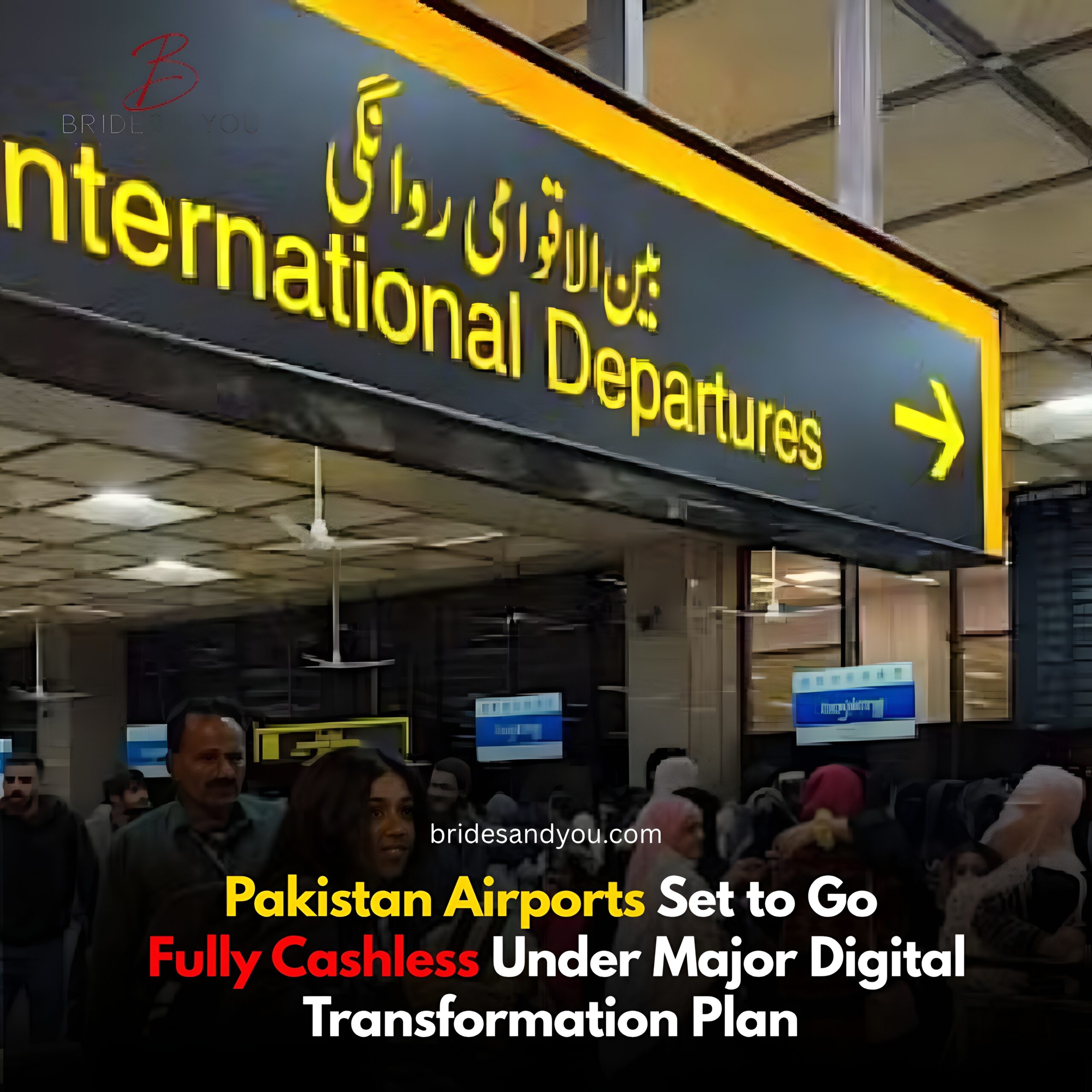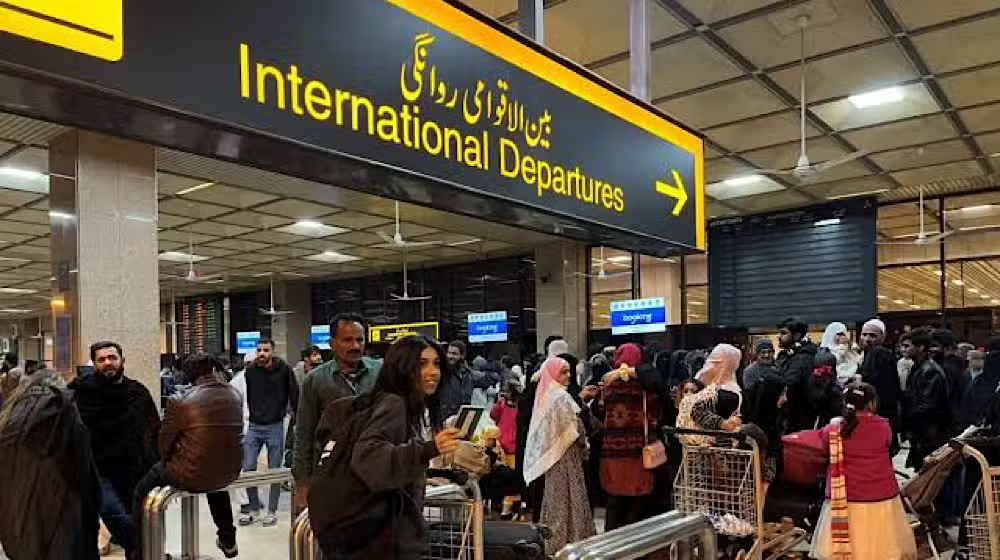Now Reading: All Airports in Pakistan to Go Cashless in a Major Digital Transformation
-
01
All Airports in Pakistan to Go Cashless in a Major Digital Transformation
All Airports in Pakistan to Go Cashless in a Major Digital Transformation

In a groundbreaking move, the Pakistan Airports Authority (PAA) has announced that all airports in Pakistan will soon go cashless, marking a major step toward the country’s digital future. This transformation will completely eliminate cash transactions at airports, allowing passengers and staff to use digital payment systems for every service from dining and shopping to transport and ticketing.

Digital Payments Take Flight at Pakistan Airports
The PAA’s initiative will introduce QR code-based payment systems across all airport facilities. This effort is being launched in collaboration with the State Bank of Pakistan, which has been promoting digital and contactless payment solutions as part of the national fintech vision.
The goal is clear to make airport transactions faster, safer, and more transparent. By switching to cashless systems, airports can offer better convenience for passengers, while vendors can benefit from streamlined and traceable payment processes.
First Phase Targets Major International Airports
According to the official announcement, the project will be rolled out in two phases.
In the first phase, the digital payment system will launch at Islamabad International Airport, Jinnah International Airport Karachi, and Allama Iqbal International Airport Lahore. These three major hubs handle the largest volume of passengers and are ideal for testing and refining the system.
Once the initial rollout is complete, the second phase will expand to Faisalabad, Multan, and Sialkot airports, followed by other regional terminals across the country. The ultimate goal is to make every airport in Pakistan cashless within the next year.

A Step Toward Pakistan’s Digital Future
The PAA spokesperson explained that this move is part of a larger digital transformation strategy aimed at modernizing airport operations and aligning with Pakistan’s national fintech roadmap. The government has been encouraging digital innovation and contactless payments across sectors to build a more secure and transparent financial ecosystem.
This initiative also reflects Pakistan’s commitment to Vision 2025, which emphasizes technological advancement, financial inclusion, and efficiency in governance. Airports, being a crucial part of the country’s infrastructure, play an important role in setting the example for others to follow.
Benefits of a Cashless Airport System
The shift to cashless operations offers a long list of benefits for both passengers and airport authorities:
1. Enhanced Convenience for Travelers
Passengers will no longer need to carry cash for airport expenses. From parking tickets to coffee purchases, everything can be paid digitally through QR codes, debit cards, or mobile wallets.
2. Faster and Safer Transactions
Cashless payments mean shorter queues and faster checkouts at restaurants, shops, and service counters. It also minimizes the risk of theft or loss of money.
3. Transparency and Fraud Prevention
Digital transactions create a traceable record, helping reduce fraud and corruption. Vendors and authorities can monitor payments in real time, ensuring accountability at every level.
4. Support for Financial Inclusion
By promoting digital payment systems, the initiative supports Pakistan’s goal of increasing financial literacy and inclusion. It encourages citizens to adopt digital banking and fintech platforms that make daily transactions easier and more secure.
Vendors Required to Go Digital
All airport shops, restaurants, and service providers will be required to integrate digital payment methods into their systems. Vendors who do not comply with the new cashless policy will not be allowed to operate inside airport premises.
This requirement ensures uniformity and smooth operation across all terminals. Moreover, it opens new opportunities for local fintech startups and digital wallet providers to collaborate with the PAA and airport vendors.
A Model for Other Sectors
The PAA’s digital transformation could serve as a model for other government and private institutions in Pakistan. As cashless systems gain popularity, similar initiatives could be implemented in transportation, healthcare, retail, and public offices, further boosting Pakistan’s digital economy.
Experts believe that if executed effectively, this step can set Pakistan on the path toward a fully digital economy, similar to countries like Singapore and the UAE, where cashless airports are already the norm.
What Travelers Should Expect
Travelers passing through Pakistani airports in the coming months can expect to see new QR payment counters, digital kiosks, and contactless card systems being installed across terminals. The PAA has assured that digital help desks will be available to assist passengers unfamiliar with the system.
In addition, airlines and travel agencies are also being encouraged to adopt cashless ticketing and refund systems, ensuring a seamless experience from booking to boarding.
Conclusion: A Bold Step Toward Modernization
The decision by the Pakistan Airports Authority to go cashless is not just a technological upgrade it’s a symbol of progress. By embracing digital payments, Pakistan is moving closer to a future of innovation, transparency, and efficiency. Travelers can look forward to a smoother, faster, and more secure airport experience one that reflects a modern and digital Pakistan.












